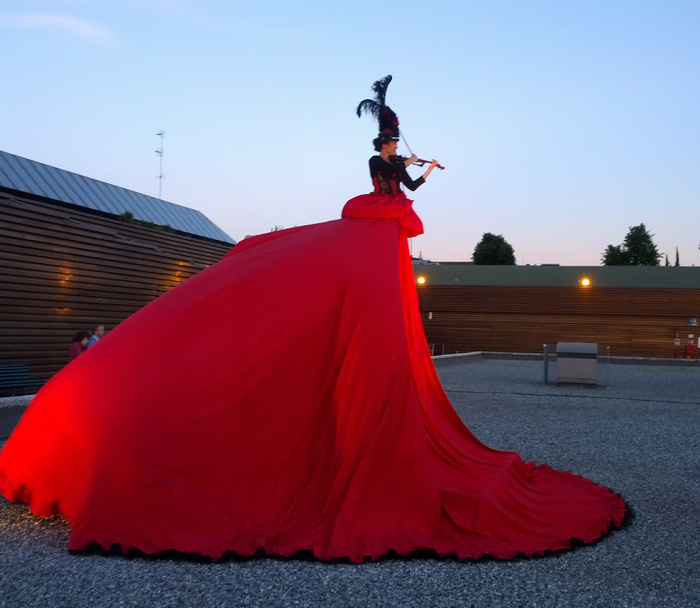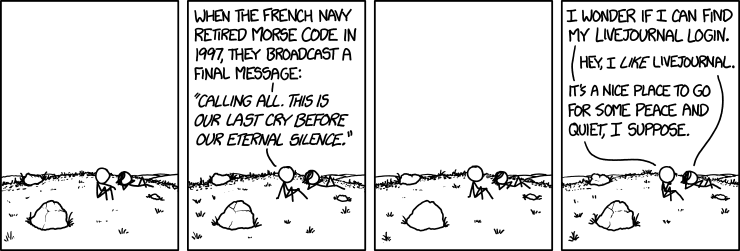Birthday words
The OED has a "birthday words" feature:
Do you know which words entered the English language around the same time you entered the world? Use our OED birthday word generator to find out! We’ve scoured the Oxford English Dictionary (OED) to find words with a first known usage for each year from 1900 to 2004. Simply select the relevant decade and click on your birth year to discover a word which entered the English language that year.
Please note that the dates given for these words refer to the current first known usage of the word. The OED team is continuously researching the histories of words (something you may be able to help with), and it’s therefore possible that we will find an earlier sense of the words during our research.
It's been available since December of last year, but I just learned about it today.
Read the rest of this entry »



